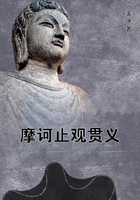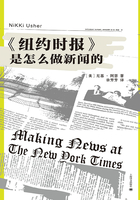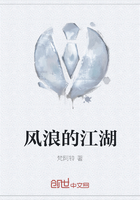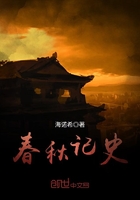But while the church, with her essential constitution, and her dogmas are founded in the Divine order, and are catholic and unalterable, the relations between the civil and ecclesiastical authorities may be changed or modified by the changes of time and place.These relations have not been always the same, but have differed in different ages and countries.During the first three centuries of our era the church had no legal status, and was either connived at or persecuted by the state.Under the Christian emperors she was recognized by the civil law; her prelates had exclusive jurisdiction in mixed civil and ecclesiastical questions, and were made, in some sense, civil magistrates, and paid as such by the empire.Under feudalism, the prelates received investiture as princes and barons, and formed alone, or in connection with the temporal lords, an estate in the kingdom.The Pope became a temporal prince and suzerain, at one time, of a large part of Europe, and exercised the arbitratorship in all grave questions between Christian sovereigns themselves, and between them and their subjects.
Since the downfall of feudalism and the establishment of modern centralized monarchy, the church has been robbed of the greater part of her temporal possessions, and deprived, in most countries, of all civil functions, and treated by the state either as an enemy or as a slave.
In all the sectarian and schismatic states of the Old World, the national church is held in strict subjection to the civil authority, as in Great Britain and Russia, and is the slave of the state; in the other states of Europe, as France, Austria, Spain, and Italy, she is treated with distrust by the civil government, and allowed hardly a shadow of freedom and independence.In France, which has the proud title of eldest daughter of the church, Catholics, as such, are not freer than they are in Turkey.All religious are said to be free, and all are free, except the religion of the majority of Frenchmen.The emperor, because nominally a Catholic, takes it upon himself to concede the church just as much and just as little freedom in the empire as he judges expedient for his own secular interests.In Italy, Spain, Portugal, Mexico, and the Central and South American states, the policy of the civil authorities is the same, or worse.It may be safely asserted that, except in the United States, the church is either held by the civil power in subjection, or treated as an enemy.The relation is not that of union and harmony, but that of antagonism, to the grave detriment of both religion and civilization.
It is impossible, even if it were desirable, to restore the mixture of civil and ecclesiastical governments which obtained in the Middle Ages; and a total separation of church and state, even as corporations, would, in the present state of men's minds in Europe, be construed, if approved by the church, into a sanction by her of political atheism, or the right of the civil power to govern according to its own will and pleasure in utter disregard of the law of God, the moral order, or the immutable distinctions between right and wrong.It could only favor the absolutism of the state, and put the temporal in the place of the spiritual.
Hence, the Holy Father includes the proposition of the entire separation of church and state in the Syllabus of Errors condemned in his Encyclical, dated at Rome, December , .
Neither the state nor the people, elsewhere than in the United States, can understand practically such separation in any other sense than the complete emancipation of our entire secular life from the law of God, or the Divine order, which is the real order.It is not the union of church and state--that is, the union, or identity rather, of religious and political principles--that it is desirable to get rid of, but the disunion or antagonism of church and state.But this is nowhere possible out of the United States; for nowhere else is the state organized on catholic principles, or capable of acting, when acting from its own constitution, in harmony with a really catholic church, or the religious order really existing, in relation to which all things are created and governed.Nowhere else is it practicable, at present, to maintain between the two powers their normal relations.
But what is not practicable in the Old World is perfectly practicable in the New.The state here being organized in accordance with catholic principles, there can be no antagonism between it and the church.Though operating in different spheres, both are, in their respective spheres, developing and applying to practical life the one and the same Divine Idea.The church can trust the state, and the state can trust the church.















